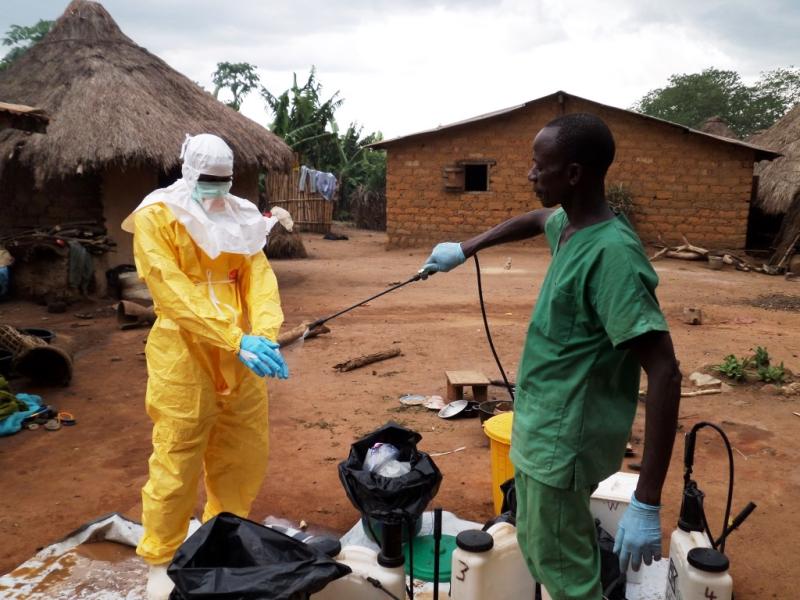Dealing with Covid-19 in rural Africa: lessons from previous crises
This note summarises insights from a study commissioned by FCDO, which examines the lessons that can be drawn from previous crises to inform responses to Covid-19 in rural Africa.
This briefing note summarises insights from a study commissioned by FCDO (at the time, under DFID), which examines the lessons that can be drawn from previous crises to inform responses to Covid-19 in rural Africa.
Most of the evidence comes from a review of seven viral health crises: HIV/AIDS; H5N1 (avian influenza); Severe Acute Respiratory Syndrome (SARS); H1N1 (swine flu); Ebola virus disease (EVD) in West Africa and the Democratic Republic of Congo; and Covid-19 in China. Two economic shocks were also considered: the 1997 Asian financial crisis and the 2007/2008 food price spike.
It addresses two main questions:
-
What might the consequences be of disease, and responses to it, on agriculture, rural livelihoods, food systems and food security?
-
What lessons on dealing with those consequences can be drawn from previous crises?
This publication was part funded by the SPARC programme, and is part of ODI’s series on coronavirus.
